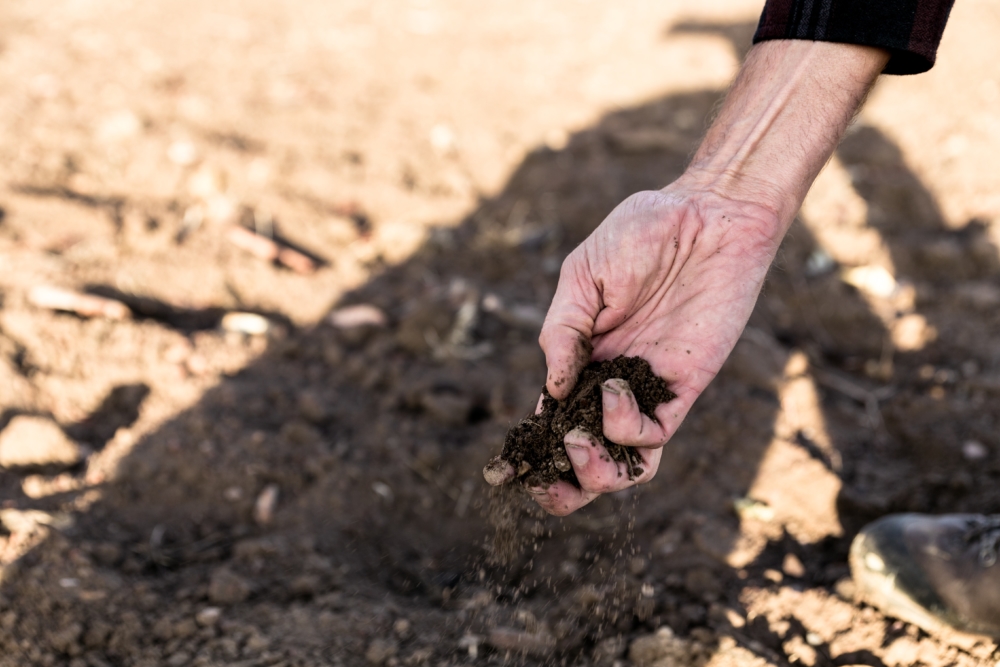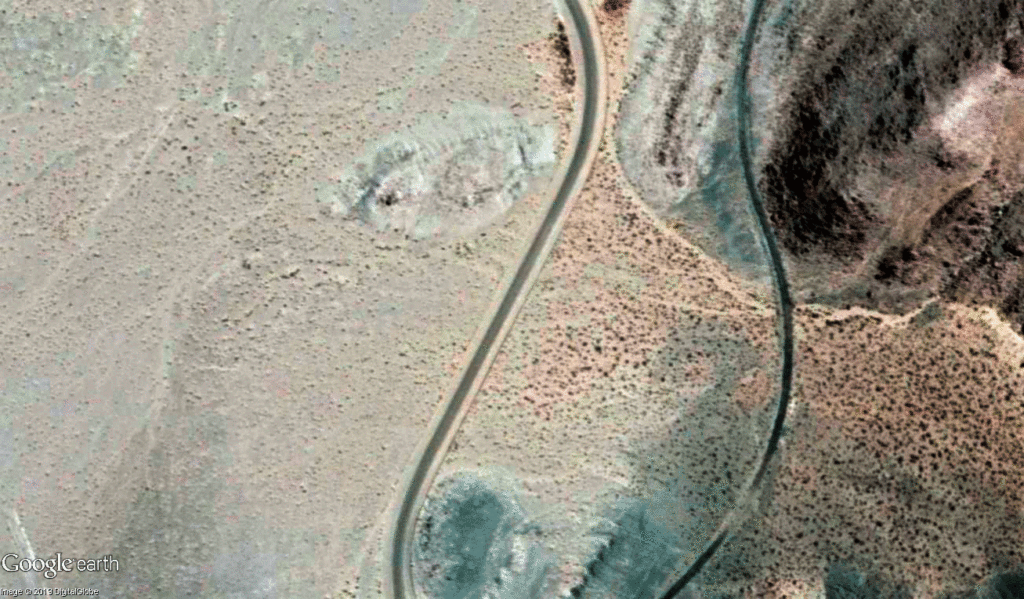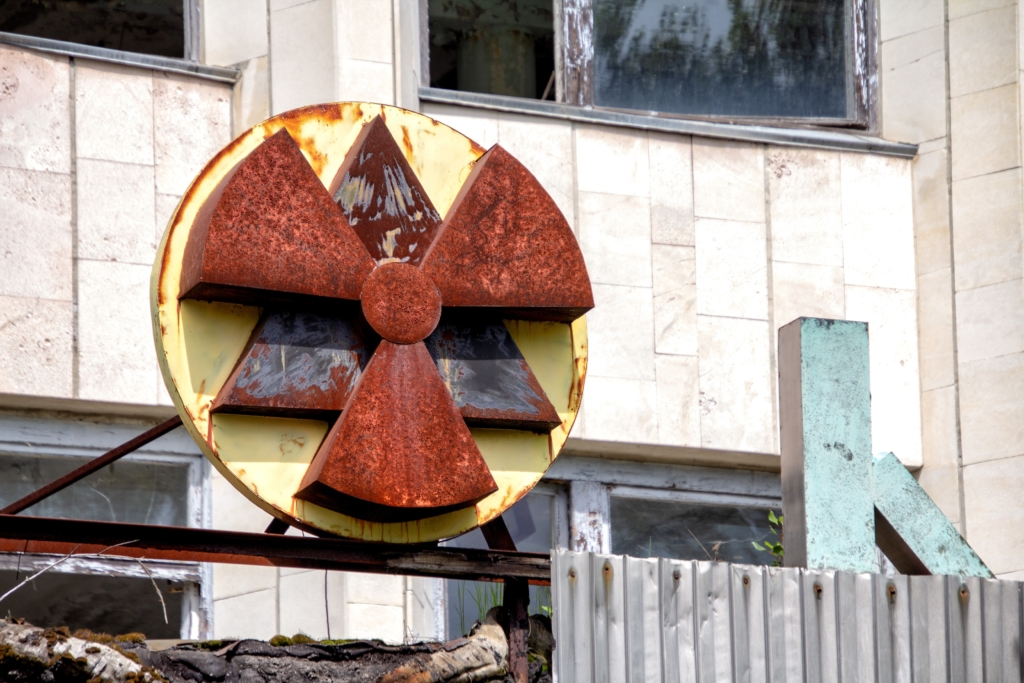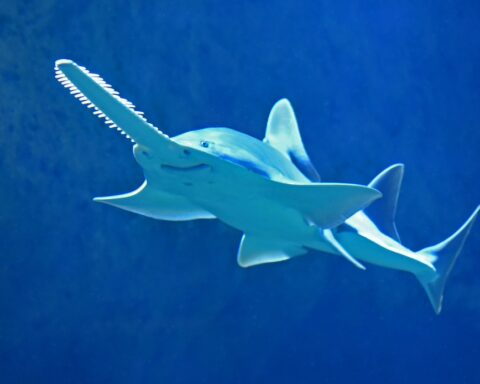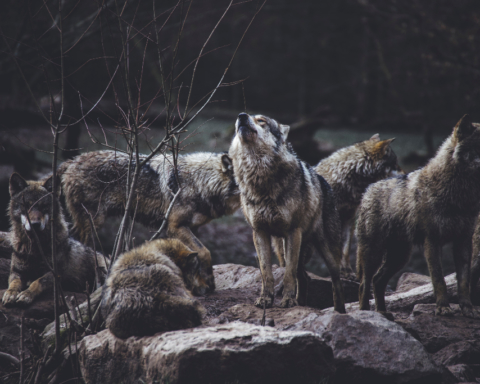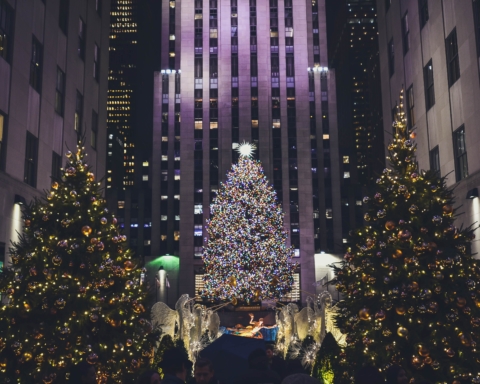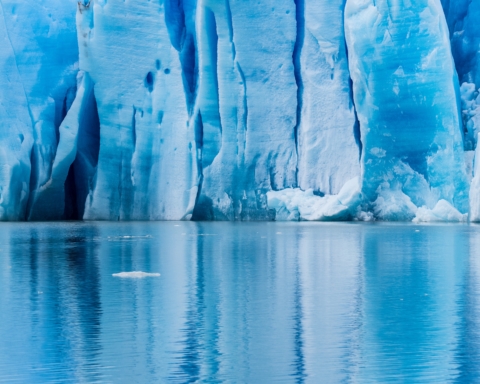The first to dry up were the creek beds and the ponds and the marshes. Rivers took longer. Deep wells and springs lasted for a while. Then all that were left were the oceans, choked with jellyfish. Every shoreline in still populated areas around the world was lined with desalination apparatus, most now defunct, as the wealthy who had kept them running abandoned them for the poles, where there was still some water extractable from the remains of glaciers. Everywhere water once ran now ran rumors of water: buried cisterns in the Sahara, extra-deep still-active wells, jugs in abandoned supermarkets, tightly closed cooling barrels at nuclear plants. Most of these rumors turned out to be just that, but the occasional discovery of a forgotten barrel fueled their continued fancy, although maybe that was also fancy. Maybe it was all fever and fancy of the scattered survivors – and how did they survive? Sucking on withered plants, skin, and roots; drinking salty water and becoming delusional. All forms of media had faltered. A few low-power community radio stations were the last to go. Maybe it was raining somewhere in the middle of the ocean. Maybe this was only happening here. Maybe the rest of the world was flowing in rich, turbulent, cool, trickling, gurgling, delicious water.
________
Heather Pankl Livingston is an editor and writer in the Washington, DC, area. Her poetry and short fiction have been published in Oregon East and Rain. She is working on a novel, You Will At Length Disappear.
Photo by Jasper Wilde.
________

